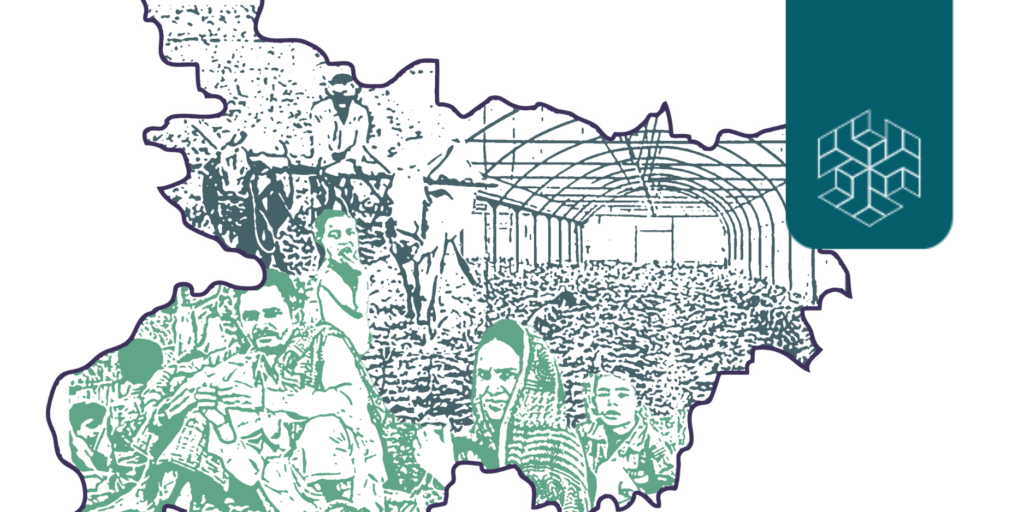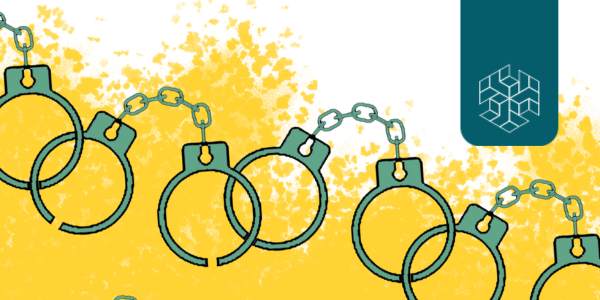Author: Nivedita Gautam
Editor: Soumya Singhal
Abstract
This essay focusing on maternal incarceration analyses how keeping the mother in custody can turn punitive for her child. In India, when mothers are incarcerated, their children under the age of 6 accompany them in prison. Otherwise, most children end up homeless. This piece uses National Crime Records Bureau [NCRB] data, judgements, and ethnographic data to explore the various issues arising from a child growing up in prison or without a guardian due to the latter’s detainment. It particularly analyses how the child’s shelter needs are compromised here. The issue brief concludes by exploring rehabilitative alternatives, such as the early releasing of mothers going through maternal incarceration and allowing women to serve their sentence in an open prison where they can live with their children.
Introduction
While prisons separate all inmates from their social world on the outside, it is relatively more disruptive for female inmates due to the limited number of women’s jails in India. Of the total 1306 jails in the country, 29 are women’s jails which house 3,094 inmates (NCRB, 2020). Many states have no jails which house only women, implying that female inmates are housed in the same prison systems as men or are sent away to women’s jails in different states. Transferring women to prisons far from their homes severely disrupts communication and maintaining contact with family outside the institution. The distance also disrupts consistent visitations from family, especially children. Thus, this disengagement from the outside world is a social amputation that these women’s children also feel.
This piece analyses the correlation between a child’s well-being and their mother’s incarceration and the existing provisions meant to address this situation. In such cases, the mother, whether convicted or not, and her child face intended and unintended consequences of institutional punitive measures. This issue brief concludes by suggesting their welfare and rehabilitation via a reformed prison system in India.



